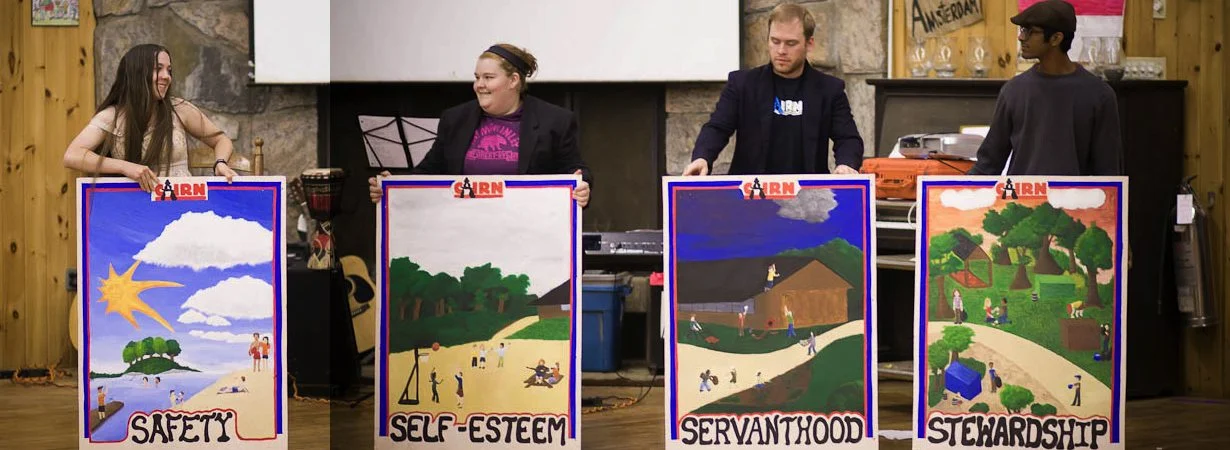That’s a Wrap for Season 7 of Camp Code!
As summer approaches, the Camp Code season finale is here!
Multigenerational staff may not be applicable to your camp today, but it absolutely will happen at some point, and what better time to have this in the back of your mind as summer camps eagerly way and adjust to many new guidelines being put in place as the worldwide pandemic continues.
Multigenerational staff means that some younger staff may still live at home, not be used to doing laundry, or that their summer at camp may be their first job. At the same time, the older staff probably have car payments, or a mortgage or is used to going to bed at an earlier time than 18-year-olds.
Additionally, there is a physical layer to an older generation staff where they may not be able to crawl on the ground, or have other limitations. In Ruby’s experience, she asked herself during any game “can rock paper scissors resolve this” and in most cases, the answer is yes and most people at any age can play rock paper scissors, so it is a great alternative to something like crawling under someone’s legs in freeze tag.
As we wrap our season, we hope all you leaders are ready for what summer brings us. We all know camp will be different this summer, but camp is still at heart, summer camp leaders. For everyone who has tuned in to this season, have a great summer and we look forward to more conversations in the fall.
Thanks for the season, friends!
We hope you love this episode of Camp Code! If you do, please consider subscribing to the show, and leaving us a rating in your Podcast app. It’s SO easy, just head to https://ratethispodcast.com/campcode
Leadership Training Best Practice
From Gabrielle Raill
Even though this best practice is from Gabrielle, it was Ruby that brought it up on another podcast. When you are designing camp training for the summer, bring your leadership in on the conversation. Send your leadership team an outline of the staff training and some of the decisions behind what you want to keep and what you want to change. Open the dialogue with your leadership team to see how decisions are made.
Your Hosts:
Gabrielle Raill, Camp Director - Camp Ouareau
Beth Allison, Camp Consultant - CampHacker.tv
Ruby Compton, Chief Exploration Officer - Ruby Outdoors




